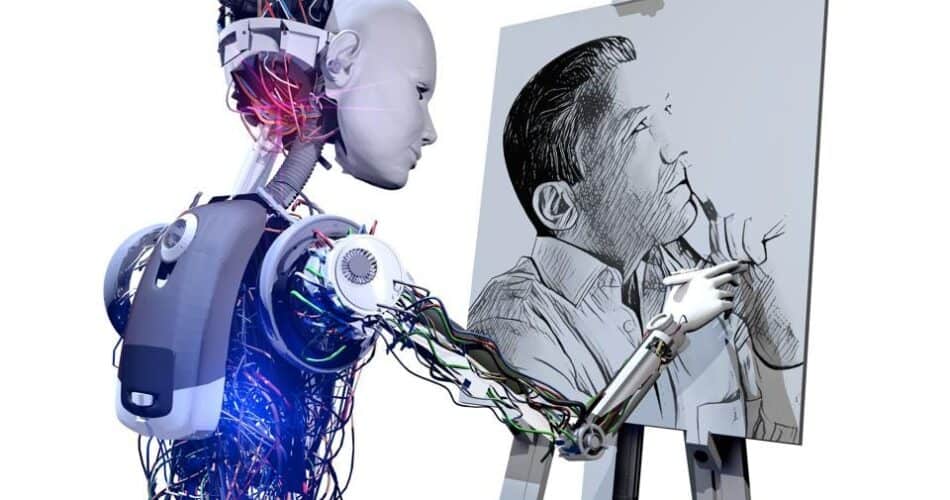As AI technology advances and becomes more widely used, it creates a slew of major ethical issues and challenges. The ethics of AI is a complicated and quickly growing area, ranging from the possibility of bias in algorithms to the impact of AI on employment. In this post, we will look at some of the fundamental difficulties regarding AI ethics and what efforts can be made to overcome them.
The Evolution of AI
AI has philosophical and mathematical foundations, with early pioneers like Alan Turing and John von Neumann studying the prospects of developing robots that could think and reason like humans. AI technology has grown fast in the decades since, with the development of machine learning and deep learning algorithms allowing machines to learn and adapt to new conditions. AI is now applied in a variety of areas ranging from healthcare and finance to transportation and customer service.
The current state of artificial intelligence
One of the most serious ethical concerns about AI is the possibility of bias in algorithms. AI systems are frequently trained on vast datasets, which can reflect the biases and preconceptions of those who produced them. As a result, AI systems have the potential to reinforce and even amplify existing biases, resulting in unjust or discriminating decisions. For example, a facial recognition system trained on a dataset of primarily white faces may struggle to identify people of other races.
Another critical ethical issue with AI is privacy. As AI systems become more common, they will have greater access to personal data. This raises serious concerns about how this data will be utilized and secured, as well as whether individuals will have control over their personal data and how it is used. For example, if an AI system is used to monitor a person’s health, crucial considerations arise regarding who has access to this data and how it will be used.
AI’s Impact on Employment
Another significant ethical worry about AI is its possible impact on jobs. Many tasks that are currently performed by humans will be able to be automated as AI systems become more advanced. This may result in job losses in some areas, and it raises critical considerations about how to support and retrain workers affected by automation. It is critical to investigate how the benefits of AI technology might be widely distributed rather than concentrated among a small group of people.
The Function of Regulation
As AI technology advances, it is critical to explore if and how it should be governed. This could involve things like guaranteeing the safety and reliability of AI systems, safeguarding personal data, and avoiding the misuse of AI technology. It is equally critical to assess the possible influence of AI on society as a whole, as well as to ensure that the advantages of AI are widely distributed.
Conclusion
The ethics of artificial intelligence is a complicated and quickly expanding field that raises numerous relevant problems and challenges. From the possibility of algorithm prejudice to the influence of AI on employment, it is critical to evaluate the ethical implications of AI technology and to take steps to solve these difficulties. We can ensure that AI technology is created and deployed in a way that is fair, ethical, and useful to society as a whole by working together.
AI ethics is a human concern as much as a technical one. As AI technology advances and becomes more widely available, it is critical to explore how it will affect our daily lives and how we interact with the world around us. By addressing the ethical issues raised by AI, we can ensure that this technology is used in a fair, ethical, and helpful manner for everybody.
